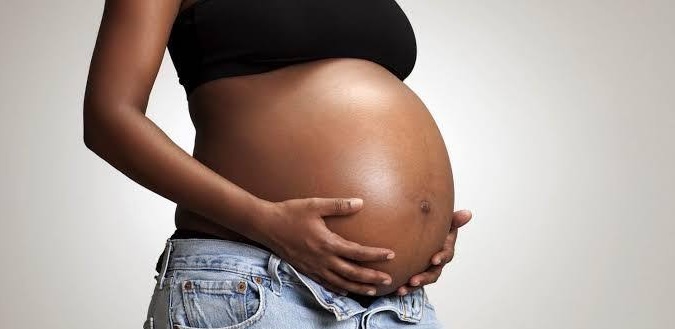By John Ikani
Nigeria has launched a pioneering program to provide free emergency Caesarean sections for “poor and vulnerable” women, a measure that aims to drastically reduce maternal deaths across the country.
Currently, Nigeria has one of the world’s highest maternal mortality rates, with 1,047 mothers losing their lives per 100,000 births. The absence of accessible emergency Caesareans has been identified as a critical factor in these tragedies.
For many expectant mothers, particularly in remote areas, the cost of emergency medical intervention places it out of reach, leaving them with limited options.
“No woman should lose her life simply because she can’t afford a C-section,” Health Minister Muhammad Pate announced, commending the new approach.
The cost of a Caesarean, which averages around 60,000 naira ($36; £28) depending on the region, is often beyond the means of families, particularly in a country where over 40% of the population lives on less than $2.15 a day.
The Maternal Mortality Reduction Innovation Initiative, introduced Thursday, aims to provide life-saving Caesareans for eligible women at public hospitals.
To qualify, women must be enrolled in the national public health insurance scheme.
“By removing financial barriers to this life-saving procedure, we ensure that no woman in need is denied critical care due to cost,” Pate added.
According to Tashikalmah Hallah, a communications adviser for the health ministry, the scheme covers only emergencies, with hospital welfare units determining eligibility to assist those unable to afford the procedure.
Pate stressed that maternal mortality rates in Nigeria are “unacceptably high.”
Caesareans are crucial in cases where a woman’s pelvis is too small, the baby is in an awkward position, or the baby’s size obstructs natural birth. Without intervention, these situations can lead to fatal complications, such as ruptured uteruses or severe hemorrhaging.
The World Bank’s Trina Haque called the new policy a “game-changer” for maternal health.
“If implemented right, this initiative will deliver. We’re here to support every step of the way,” added Kazadi Mulombo, the WHO representative in Nigeria.
In Nigeria, maternal deaths are often linked to severe bleeding, pregnancy-related high blood pressure, unsafe abortions, and prolonged labor.
This initiative “will significantly enhance maternal and child health outcomes in Nigeria,” said Rhoda Robinson, executive director of HACEY, a nonprofit focused on healthcare access for vulnerable populations in the country.
“Especially for women from low-income communities who might resort to alternative and often unsafe care options,” she shared.
Mabel Onwuemena, national coordinator of the Women of Purpose Foundation, another maternal health advocacy group, praised the effort, urging the government to expand it to cover essential medicines and prenatal ultrasounds for all pregnant women.




































